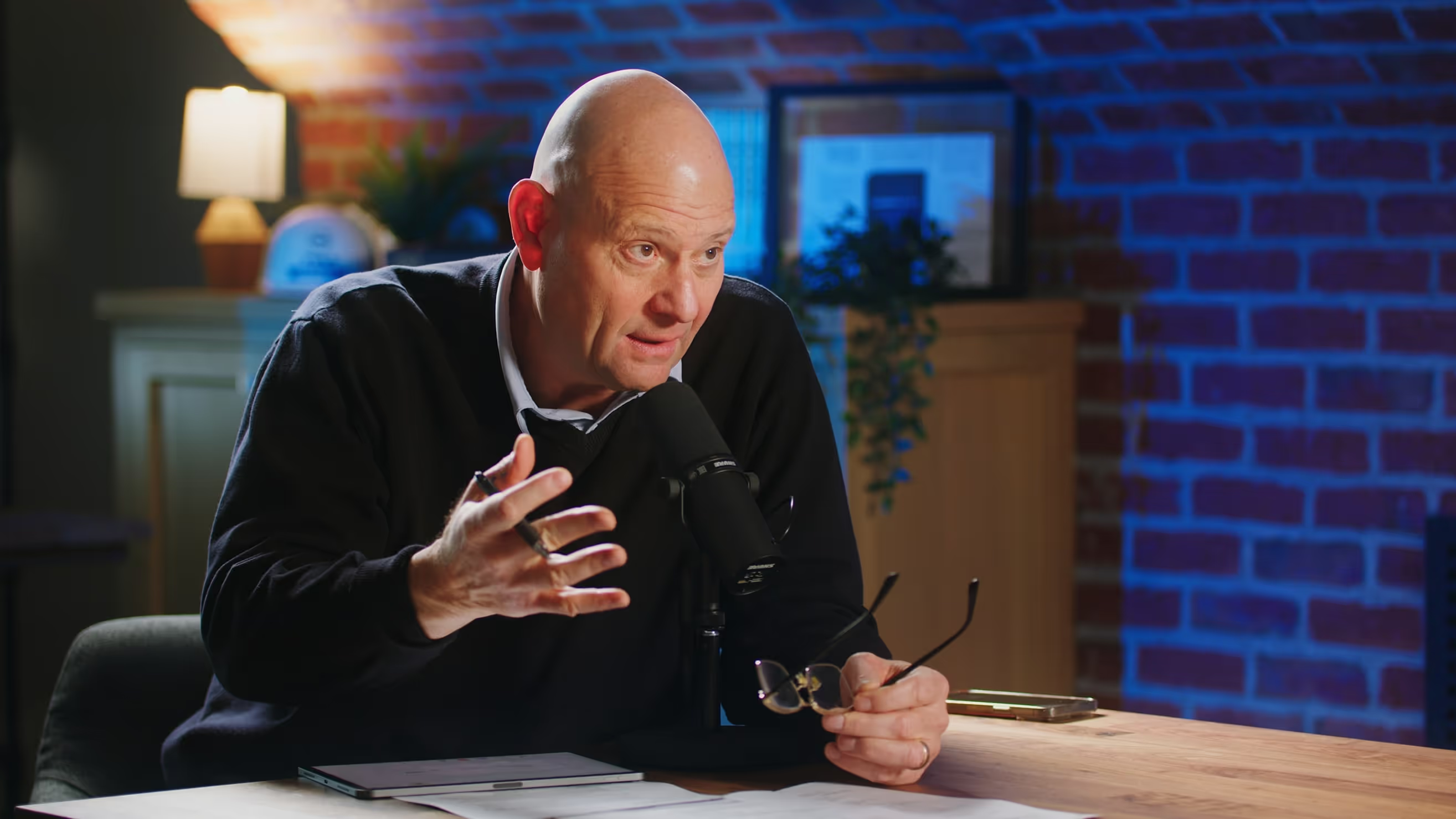Emotional regulation is one of the most critical leadership skills—but also one of the hardest to master. In this episode, Tim and Junior break down how leaders can stay composed in the face of dissent and bad news, why emotional responses shape workplace culture, and practical strategies to strengthen self-regulation.



